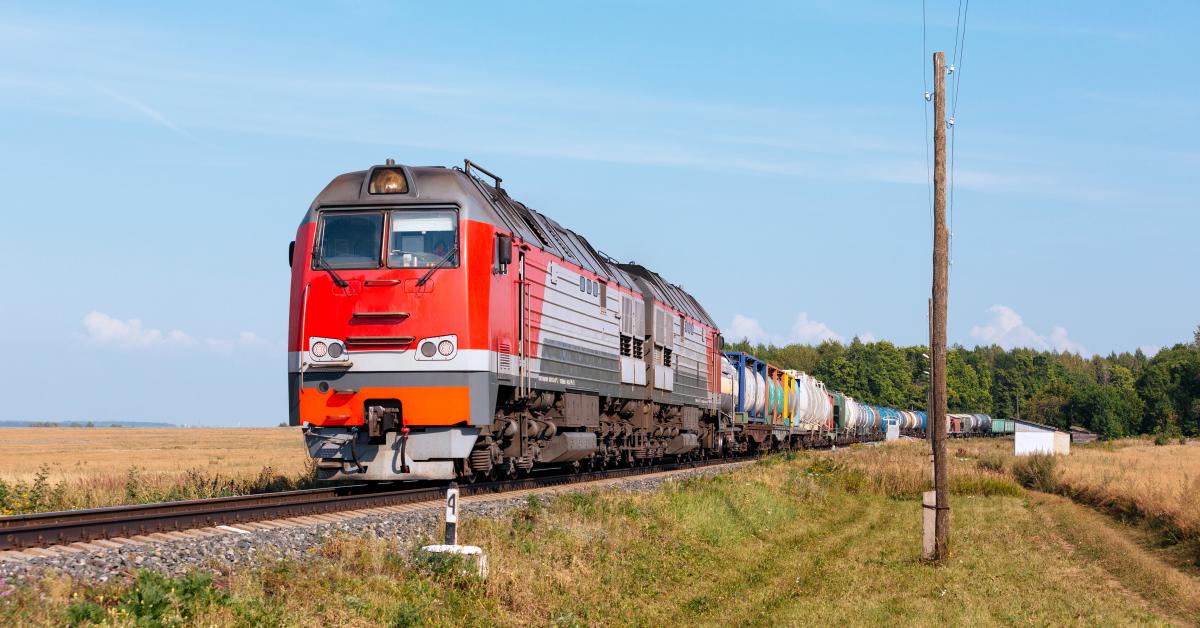We support our Publishers and Content Creators. You can view this story on their website by CLICKING HERE.

(The Center Square) – California is sending a fleet of its recently retired diesel passenger trains to Peru, having recently electrified the line the trains were on. This comes as the state is seeking a waiver for its ban on diesel trains, which some warn would severely damage national transportation and the economy.
“The Caltrain rail system in California will contribute more than 100 high quality rail cars and engines,” said U.S. Secretary of State Antony Blinken in a video he posted from Peru. “When it’s finished, this rail line will expand access to reliable, affordable transportation for some 200,000 passengers every single day.”
Caltrain, which provides commuter rail service in California’s Bay Area, recently upgraded to an electric train system with faster trains that come twice as often. Caltrain sold the 19 diesel locomotives and 90 passengers to Peru for $6.3 million, SFGate reported.
“Electrified service will lay the foundation to meet the goal of tripling capacity by 2040, the equivalent of carrying 5.5 lanes to U.S. Highway 101,” wrote Caltrain on the electrification project.
The $2.4 billion electrification project also readied the lines for integrating with the state’s $135 billion high speed rail system, should it ever be completed.
The announcement comes as California is seeking a federal waiver for its ban on diesel freight trains starting for older trains in 2030 and applying to all in 2035.
While electric train technology is a century old and passenger trains are easily electrified, battery-electric and hydrogen trains for freight do not yet exist at scale. The Association of American Railroads argues this new regulation, combined with the fact the replacement technology is not yet viable, would significantly impact the American economy.
“Zero-emission locomotives are not commercially available and are still in the early testing phases of development,” wrote AAR in opposition. “If CARB’s regulation is authorized, more than 2/3 of the locomotive fleet could not enter California, home to the two largest intermodal ports in the United States, creating a severe impediment to interstate commerce.”
California Gov. Gavin Newsom recently traveled to the nation’s capital to seek EPA waivers for eight California policies in advance of president-elect Donald Trump resuming office. The Biden administration has not indicated if it will move forward with California’s EPA waivers.
Because the Congress can prevent new executive agency rules from taking effect, it’s unclear whether or not a Biden-approved waiver would be allowed to be implemented by the Republican-controlled Congress.

 Conservative
Conservative  Search
Search Trending
Trending Current News
Current News 





